QuestionA year ago, we bought (more like rescued)an Orange Winged Amazon from a lady who sold him to us for $200 (I think it was for beer money). To make a long story short, Lucky is approximately 8yrs old, and I am his 5th owner. When I first got him last July, he climbed around on his too-small cage (which we quickly recommended by purchasing a nice parrot condo)and had a small vocabulary; he would take peanuts and other foods from our hands, but we could not touch him. After he lived with us for about a month, I walked by his cage and said, "Pet your head" and he bent his head right down for me to pet him (he may have seen us do this with our cockatiel). Over the last year, he has gone from an untouchable bird to a true pet who, if left on his cage during supper, will pace and chatter until we get him down to join us at the table on his table perch, where he now eats. His vocabulary is growing a little at a time. He loves to go outside and sit on my knee (he is clipped), will step up on my hand (or my daughter's)as long as you cover up with his baby blanket. We are hesitant to handle him bare-handed, as he can be nippy, tho he gives lots of warning. I have two questions: He is certainly bonded with at least my daughter and me, tho I am his favorite, and has made social progress in leaps and bounds, a year ago I couldn't imagine that I would EVER be able to handle him; in light of his progress, is it your opinion that with continued effort on my part, he will be 100% trusting and handle-able without the protective measures that I now have to take? My other question is regarding his feet. I am told that he was kept in a cockatiel cage for a portion of his younger life. His talons are malformed, and I have had him to a good avian vet for some medication for inflammation. We decided to put a variety of perch sizes in his cage, because we notice that on flat surfaces his feet were turning inward hideously when he would try to walk. There have been days when they hurt him so bad that he squawks when climbing up his cage, he also fusses some when stepping up onto our hands. For awhile, we were kind of hog-tying him and my dtr would hold him while I did some passive range of motion on his talons using A&D ointment. Do you think it is wise to continue with the range of motion while still building trust? He was never fond of the exercises, and I don't want it to hinder the bonding process. I might add that the improvement in his talons has occurred since we attached 2" dowels to the top of his cage, where he spends most of his time, and most days he can hold food in his talons, so he functions very well, (though the vet says that he has a good deal of weakness in his talons, and he does seem unsteady as far as holding on when I am walkingwith him perched on my hand), as far as eating and climbing he does well except during very bad exacerbations of pain, and only then do I give him the anti-inflammatory meds. Sorry to be so lengthy, but in just a year he has become like a child to me, and is a very important part of my life; since his life expectancy is so long, I would really rather see him not suffer for the next 50 or so years with pain if there is anything we can do to improve it.
AnswerHi, Yvonne. Thanks for posting. What a wonderful story! I commend you and your family for your unselfish efforts with this OWA. Indeed, you have made a friend for life and the bond will only grow deeper. I've seen this many times in birds who are sick or injured and have to be cared for by their human(s). An untame bird can become very tame quickly as a result of prolonged care by a human. Fear/intimidation quickly turns to trust when a bird has to rely on help from it's human(s) on a daily basis just to be able to function normally.
I have questions before I make too many comments! Do you know if the bird was born with this ailment (a developmental problem) or did he acquire it from poor husbandry (i.e., bad diet, improper cage, lack of proper lighting, etc.)? Has your avian vet offered a diagnosis or prognosis for your bird? In other words, does the vet know why the bird is suffering from this problem and/or what caused it to begin with (is the amazon arthritic, does he suffer from vitamin deficiency(ies), does he have muscle or nerve damage, etc.)? The meds are treating the pain symptoms, but what caused/is causing the problem to begin with? I would think it would be appropriate to determine and treat (if possible) the cause of the problem in lieu of continuously medicating the bird (although pain relief is also a must). Did the vet x-ray the hips or upper part of the legs?
I'm not sure I'd continue the exercises for a couple of reasons. If you're not sure the cause of the basic problem, you could be causing more harm than good, your parrot seems to be in enough pain and the exercises make the pain worse so why put him through this, and doing this could result in your parrot trusting you less (they don't forget things that cause them pain).
I'd recommend letting your bird's wing feathers grow out to see if this doesn't help your bird maintain better balance and possibly help alleviate some of his pain in the process. I understand why you keep him clipped, but you can still take him outside in a cage. This is just a recommendation to see if it helps your bird to be more stable and sure of himself as he maneuvers around. I'm not sure if he'd try to fly or not, depends on his personality, but in a lot of cases, a bird who can't/is afraid to land, won't try to fly in the first place. Might take one or two "test" flights, but in my experiences, most birds who can't land "safely" won't fly (they walk everywhere or hitch rides from their humans!).
I would also recommend you try not using the blanket on your hands/arms when holding your bird, unless it's painful for the bird without it. The bird will be able to grip better and, thus, be less unstable when perching on you. I understand about nippiness, but sometimes people think a parrot is nippy when the bird is actually using his beak/mouth to hold on or grip (or taste) versus trying to be hateful. If the bird feels like it is going to fall, it's going to try to grab on to the closest thing with it's beak. Of course, a bird will nip as a defense mechanism and/or when an action results in pain. Not sure what's going on here between you and this amazon.
Sounds to me like you need to make this OW a specialized cage...one to accommodate his physiological problems until he gets better. Since he seems to have a problem with pain when grasping cage wire and he does better with 2" dowels, you might want to make a wooden cage using large dowel rods in place of cage wire (although you might have to replace them regularly if he likes to chew up wood). I don't know your personal situation, but if someone is home most of the time for supervision, you might want to allow your amazon to stay outside of his cage during the day on a parrot stand made of 2" or wider dowels for perches (or large tree limbs) and perhaps a flat place where he can stand for relief if he needs it, and then place him inside his cage at night for sleeping (and safety).
There are a lot of ways to work around leg/feet problems, but knowing the answers to the above questions would certainly help decide what steps you need to take to make this bird as comfortable as possible and/or help him on his was to permanent recovery. I've seen lots of parrots who've dealt quite successfully with no legs, 1 leg, lack of toes, 1 foot, etc. In addition, I raise/race homing pigeons and see many leg/feet problems as a result of training and racing. They all fair quite well...birds are very adaptable.
The more details/information you can provide, the more I might be able to help you help your amazon. This is a wonderful thing you've done!
Chrys

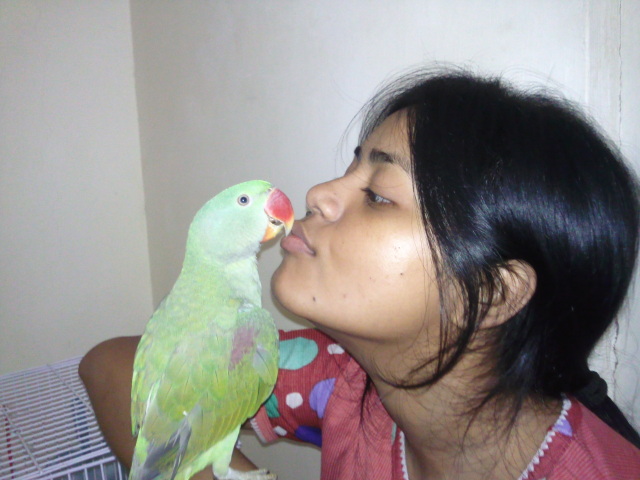 can i give my parrot chole(chana) called in hindi
Question
my little chaddi alexa
dear sir,
can give chan
can i give my parrot chole(chana) called in hindi
Question
my little chaddi alexa
dear sir,
can give chan
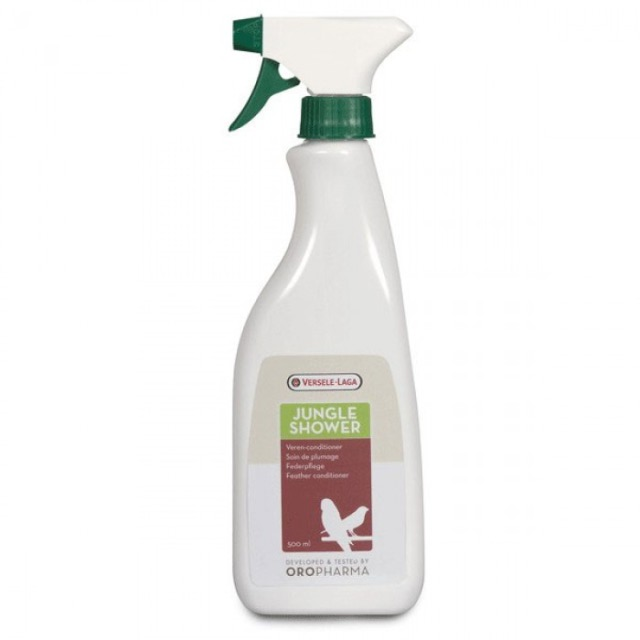 Indian Ringneck Health Issue
QuestionI have an Indian Ringneck who had been neglecte
Indian Ringneck Health Issue
QuestionI have an Indian Ringneck who had been neglecte
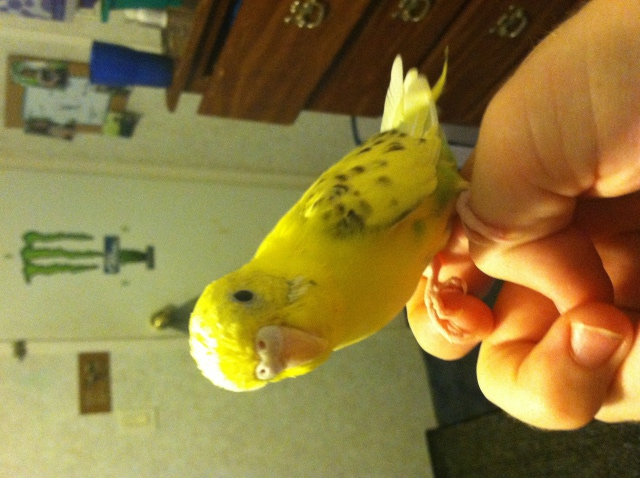 Parakeet gender
Question
Parakeet
Hi, I looked for an expert und
Parakeet gender
Question
Parakeet
Hi, I looked for an expert und
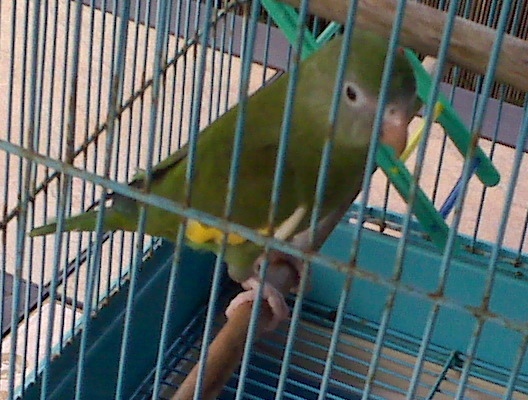 What type of parrot is this?
Question
Friendly bird
A week ago ths small parrot flew
What type of parrot is this?
Question
Friendly bird
A week ago ths small parrot flew
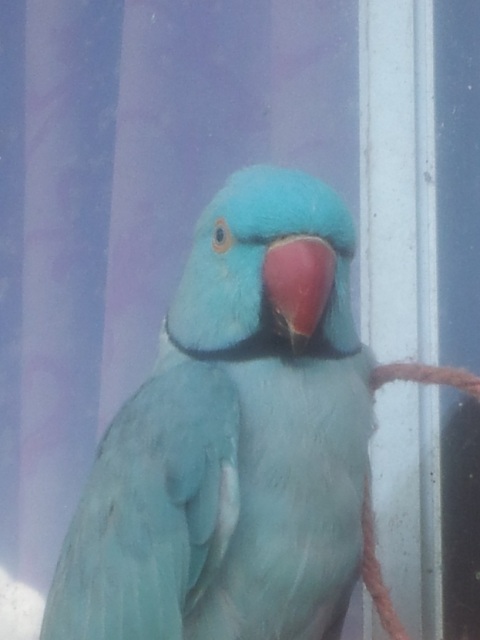 RE: Indian Ringneck probems
Question
Indy our Ringneck
Thank you for your he
RE: Indian Ringneck probems
Question
Indy our Ringneck
Thank you for your he